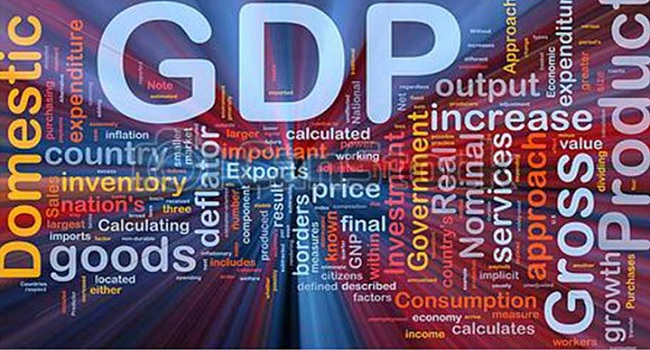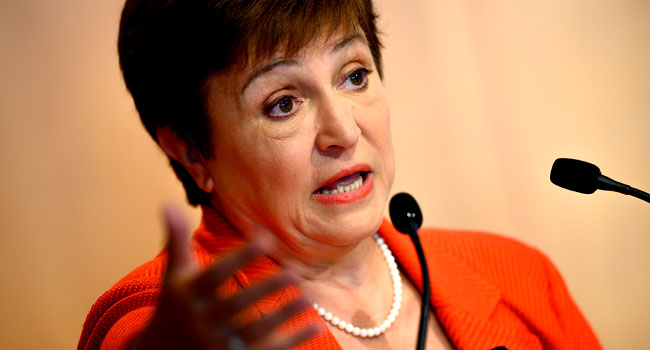YouTube Celebrates 20 Years: A Revolution in Digital Content and Creator Economy
Twenty years ago, on April 23, 2005, YouTube co-founder Jawed Karim uploaded the first-ever video to the platform, marking the beginning of a new era in digital content. Originally conceived as a dating site, YouTube evolved into a global phenomenon, giving rise to the creator economy and changing the way we consume information. Today, the video-sharing platform boasts over 20 million daily uploads and $36.15 billion in ad revenue, according to Variety.
YouTube’s impact on the digital landscape is undeniable. It democratized the ability for documentary filmmakers, comedians, and artists to produce and distribute content, creating a $250 billion creator economy. The platform’s success can be attributed to its ability to provide a space for creators to monetize their work, with the introduction of the YouTube Partner Program in 2007. This program, which introduced creator payouts, effectively invented the concept of the content creator as a profession.
Social media expert Matt Navarra notes that YouTube’s enduring success stems from its focus on long-form video content and its ability to build infrastructure, setting it apart from other platforms. "The reason YouTube has outlasted almost every other platform, or stayed the distance, is that when it comes to long-form video, it’s very simple — it’s not just a content platform, it’s a creator economy backbone," Navarra said.
As YouTube looks to the future, artificial intelligence (AI) is becoming a driving force behind its growth. The platform’s CEO, Neal Mohan, announced the upcoming launch of Veo 3, a video generation model that will allow creators to produce AI-generated backgrounds and video clips. This technology, coupled with the platform’s autodubbing feature, which enables creators to dub their videos in multiple languages, is set to revolutionize content creation.
The integration of AI into YouTube’s ecosystem is not only a response to the growing demand for short-form content but also a strategic move to enhance creator sustainability. As Navarra pointed out, "In terms of AI and YouTube’s future, if you look where YouTube is heading, AI is central… It’s not a gimmick but as a growth engine."
As YouTube celebrates its 20th anniversary, it’s clear that the platform has come a long way since its humble beginnings. With its commitment to innovation and creator empowerment, YouTube is poised to continue shaping the digital landscape for years to come. As we look to the future, one thing is certain – the impact of YouTube will be felt across the social media ecosystem, and its influence will continue to be a driving force in the ever-evolving world of digital content.



